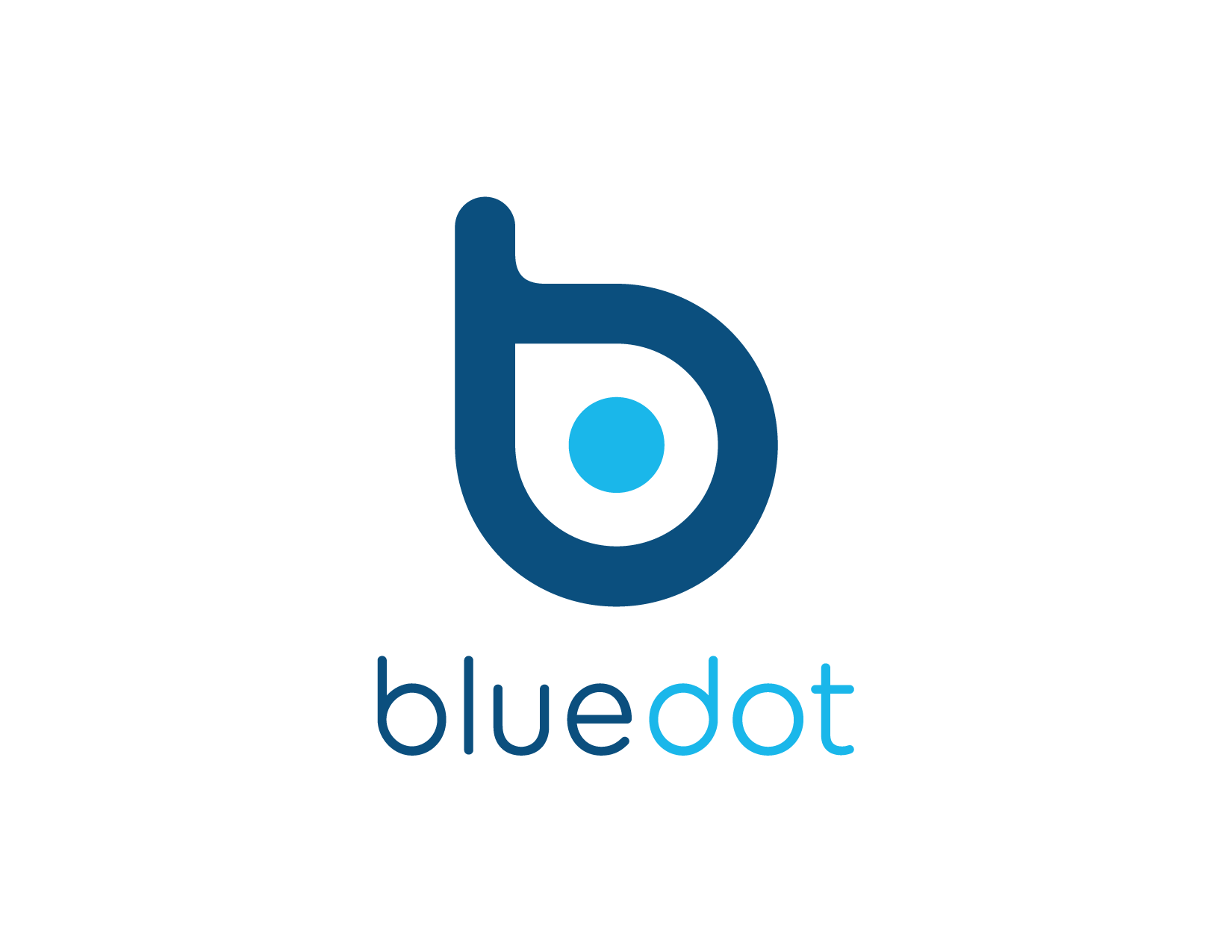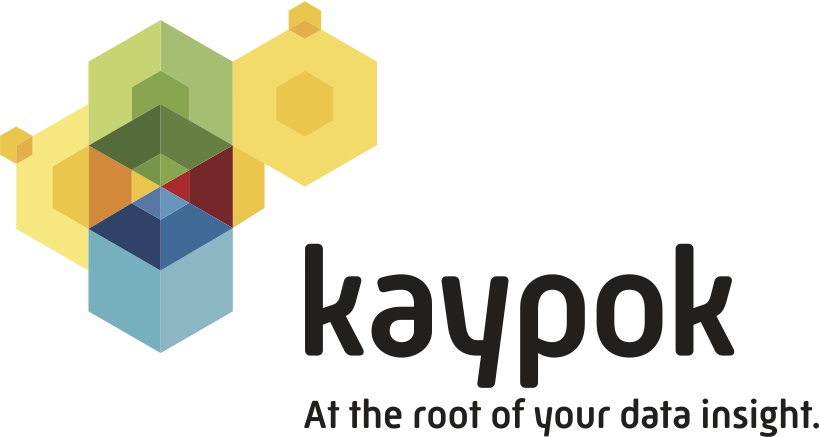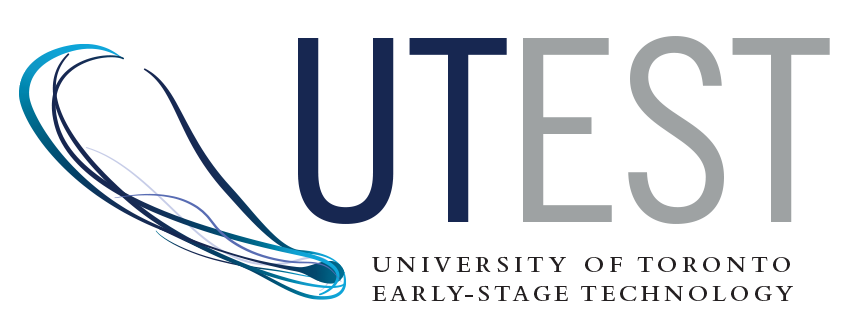ChipCare closes oversubscribed $5 million series A financing
With lead investment from Puffin Partners, the Ontario, Canada-based company is taking lifesaving blood-testing technology to low- and middle-income countries
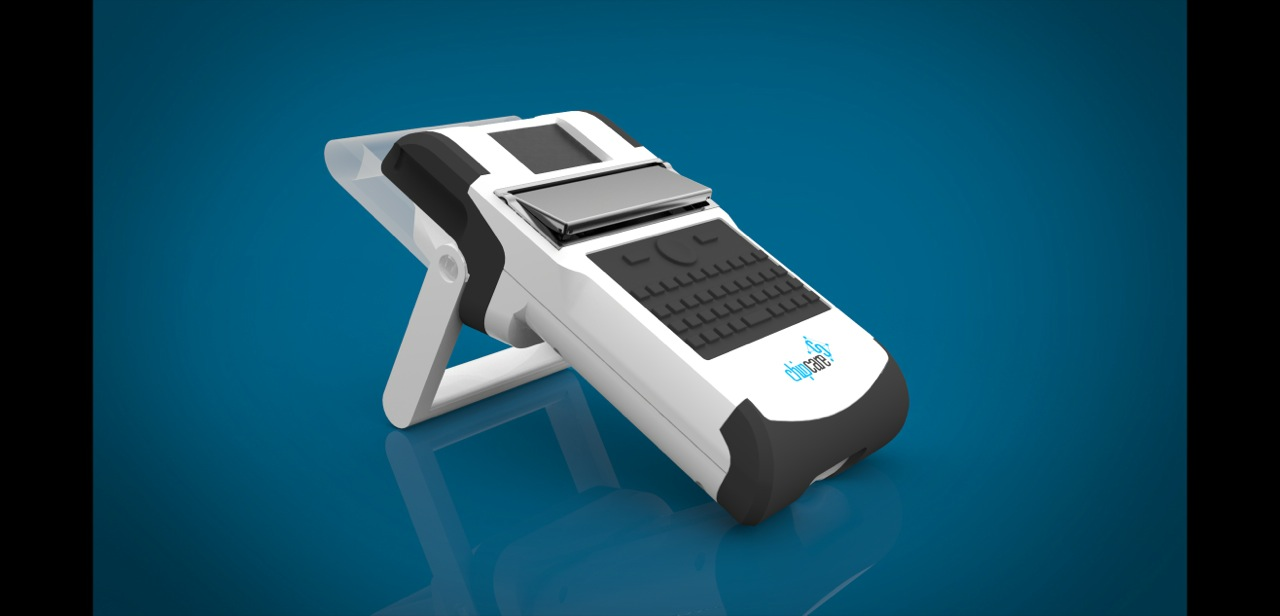
TORONTO, March 3, 2015 — ChipCare Corporation, a University of Toronto start-up company commercializing a handheld, blood-testing platform for HIV and other infectious and non-communicable diseases has closed a $5.045 million Series A financing to bring its first-generation product to market while further developing the platform’s next generation products.
The Wall Street Journal‘s Venture Capital Dispatch blog, Yonge Street Media, BetaKit and PEHub covered this announcement, along with the University of Toronto’s news site and a follow-up BetaKit article on how smartphones and start-ups are increasing access to healthcare. Information about past ChipCare investment rounds and other company information is available in our ChipCare news archive.
Insufficient access in remote health settings to simple, accurate and affordable diagnostic tests makes it difficult to provide timely, evidence-based clinical care. Current technology within central laboratories cannot fulfill the existing need in remote health settings, including community level health facilities, remote communities, emergency departments, ICUs and doctors’ offices. The result is millions of preventable deaths from infectious and non-communicable diseases globally, reduced economic growth, and limited human development.
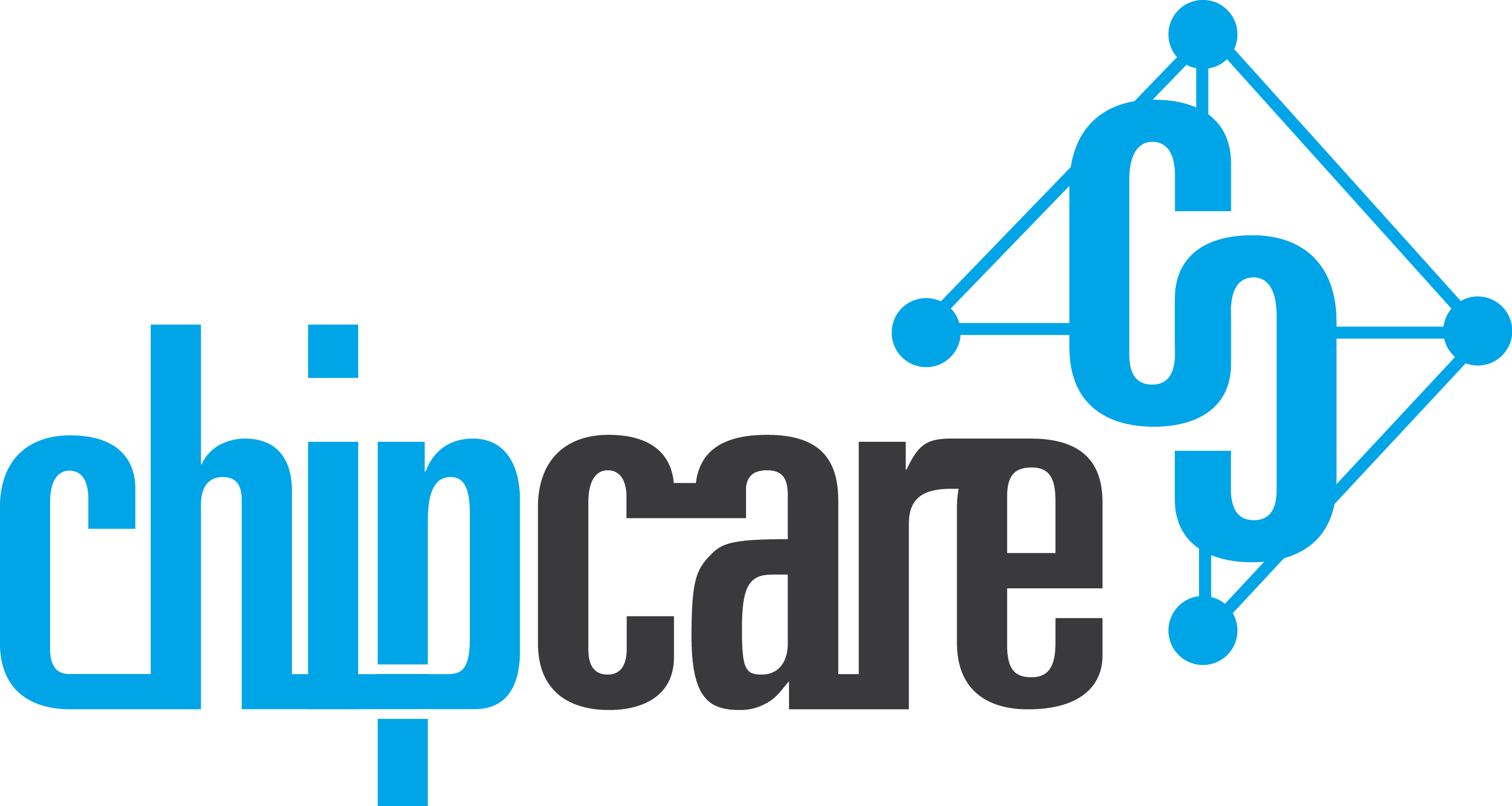 ChipCare’s technology will provide simple-to-use, mobile, lab-quality blood testing in remote health settings. The company’s first HIV-related test, targeted at linking people with HIV to appropriate treatments, is scheduled to hit the market in late 2016. The company is developing other products that leverage unique attributes of ChipCare’s technology.
ChipCare’s technology will provide simple-to-use, mobile, lab-quality blood testing in remote health settings. The company’s first HIV-related test, targeted at linking people with HIV to appropriate treatments, is scheduled to hit the market in late 2016. The company is developing other products that leverage unique attributes of ChipCare’s technology.
Puffin Partners, LP, of Dallas, Texas led the financing round, which includes existing investors MaRS Innovation and Maple Leaf Angels, and new investors, including the Winfield Venture Group, Epic Capital, and additional Canadian and U.S. Angel investors.

